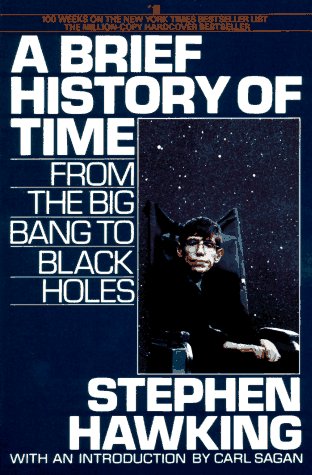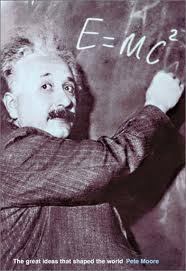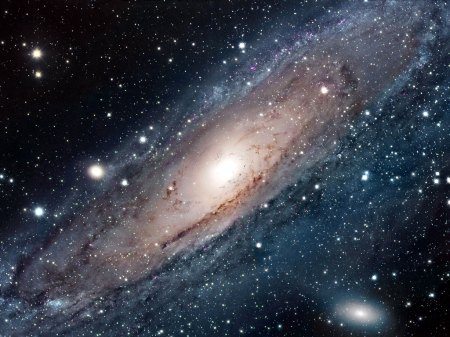'Art should comfort the disturbed and disturbed the comfortable.' This is certainly true in appreciating the baffling paintings and sculptures by Pablo Picasso - the most original and ingenious artist in the 20th Century
In Visite à Picasso, a short 20 minutes black and white Belgian documentary, Picasso drew on large glass plates in front of the camera - like a live show of a great artist in visually presenting his flow imagination, with a few rough brushes or sometimes just one continual brush that outlines a dove, bull, flowers, man and woman, and whatnot.
With these simple lines and almost child-like arts that look more similar as caveman painting than any great historical or mythological scenes from the Renaissance or Baroque arts, Picasso sought to deconstruct the reality with geometrical shapes and to reunite them into multi - perspectives - the birth of cubism.
It is hard to imagine that the same artist has painted the Portrait d’homme and Homme à la moustache, both showing a man with moustache but with vastly different style. While Picasso stuck to the conventional art technique in Portrait d'homme, with heavy emphasis on blue colour - expressing his deep depression at the time due to the suicide of his friend - he changed to Cubist style in drawing the same man by deconstructing him into geometrical shapes, along with pieces of papers, cardboard, wallpaper and wooden frame that 'synthesize' or overlap with each other to add rich texture and a tangible touch to the object of the painting.
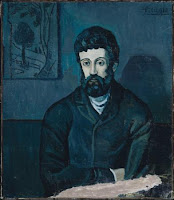 |
| Portrait d' homme (Portrait of a man) |
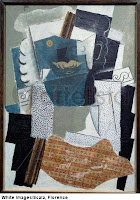 |
| Homme à la moustache (Man with a moustache) |
 |
| Le sculpteur (The Sculptor) |
On one hand, the dreamlike scene created by bright colours and curved figures is a distinctive surrealist feature. On the other hand, the anxious Pygmalion and his mirrored visage, showing the Hamlet indecisiveness, strongly reminds of the presentation of simultaneous perspective in Cubism.
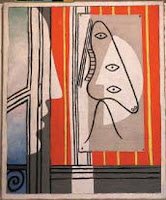 |
| Figure et profil (Figure and Profile) |
Picasso broke conventions with Cubism and Surrealism and it is no surprise for him to reinterpret masterpieces as a form of pop art during his late years. The rough brushes and unscrupulous splash of colours in Le déjeuner sur l'herbe destroyed the natural grandeur and a harmonious balance painstakingly constructed by Édouard Manet in his original Le déjeuner sur l'herbe but interestingly instead of pure destruction, Picasso's reinterpretation suggests more of mischievous naughtiness to see the world as a child does.
 |
| Le déjeuner sur l'herbe (Luncheon on the grass) |
A cynical person might see his shifting style of art as a very good marketing attempt to boost up his reputation. What I see, however, is a man who tried to break free from the all too realistic world with his free flowing imagination in Cubism, Surrealism and Pop Art.
Below is a clip in Visite à Picasso. The full documentary is available here:





.JPG)
.JPG)
.JPG)


.JPG)

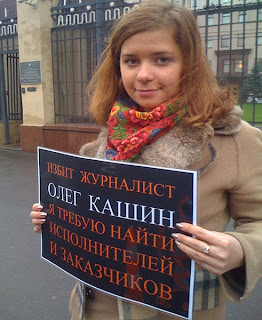

.JPG)




